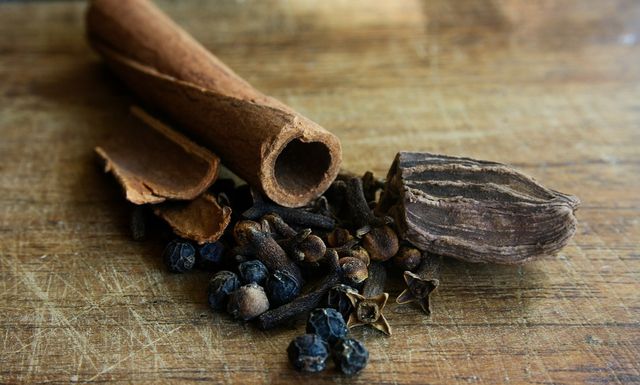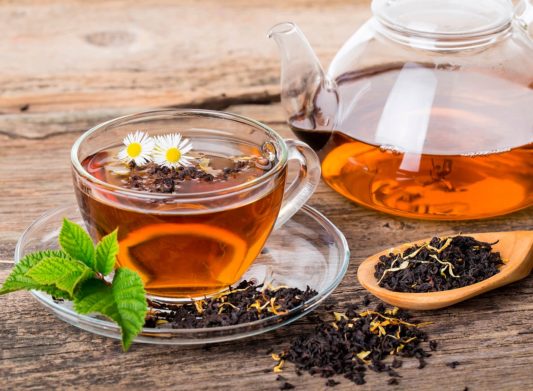Introduction to Kizaka: A Spiced Meat and Vegetable Stew
Kizaka is a delicious African dish that is popular in countries such as Cameroon and Nigeria. It is a hearty and spicy stew that is made with a variety of meats, vegetables, and aromatic spices. Kizaka is a crowd-pleaser, and it is often served during celebrations and gatherings. The dish is easy to prepare and can be customized to suit personal preferences.
Kizaka is a versatile dish that can be served with a variety of accompaniments, such as rice, bread, or yam. The rich, flavorful stew is perfect for cold, winter days, and it is a great way to warm up after a long day. With its bold flavors and unique combination of spices, Kizaka is a must-try for anyone who loves hearty, comforting stews.
Ingredients and Preparation of Kizaka
Kizaka is made with a variety of ingredients, including beef, chicken, or goat meat, onions, tomatoes, bell peppers, garlic, ginger, and a variety of spices. The spices used in Kizaka can vary depending on the cook’s preference, but they typically include paprika, thyme, curry powder, and cumin. The dish is typically made in a large pot or Dutch oven, and it is cooked on low heat for several hours to allow the flavors to develop.
To prepare Kizaka, the meat is first browned in oil and set aside. The onions, garlic, and ginger are then sautéed in the same pot until they are soft and translucent. The bell peppers and tomatoes are added next, along with the spices. The meat is then returned to the pot, and the stew is left to simmer on low heat until the meat is tender and the flavors have melded together.
Health Benefits of Kizaka: A Nutritious and Flavorful Dish
Kizaka is a nutritious and flavorful dish that is packed with vitamins and minerals. The vegetables used in the stew, such as onions, bell peppers, and tomatoes, are rich in antioxidants and other beneficial nutrients. The meat used in Kizaka is a good source of protein, which is essential for building and repairing tissues in the body.
The spices used in Kizaka are also beneficial for health. For example, ginger has anti-inflammatory properties and can help with digestive issues, while cumin has been shown to help with digestion and improve blood sugar control. Furthermore, the slow cooking process used in preparing Kizaka can help to preserve the nutrients in the ingredients, making it a healthy and nourishing dish.



